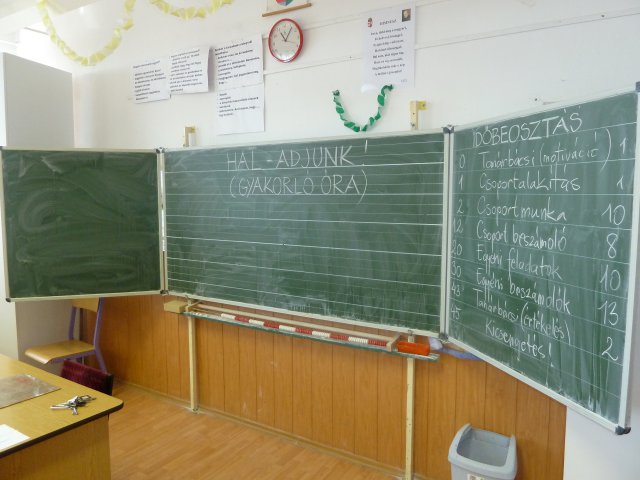Parliament demands a comprehensive set of policies and appropriate funding to tackle the problem of continued segregation of Roma children in education.
In a resolution adopted by a show of hands, Parliament stresses that EU and international law dictate that all children, including Roma children, must benefit from equal and free educational opportunities – which is not the case across the EU.
No more segregation: a good education for all Roma children
Parliament “deplores the persistent segregation of Roma children in special schools, as well as within mainstream educational systems”, and points out that standardised psychological testing should not be an instrument of exclusion. Desegregation strategies, inclusive learning methods, and guarantees for full access to school-based activities are needed instead.
Measures to tackle poverty and social exclusion are also necessary, to “break the vicious cycle of intergenerational poverty and reduced learning opportunities at home”. MEPs put special emphasis on digital education; science, technology, engineering and mathematics (STEM); tackling school dropout rates; and gender inequalities that can lead to Roma girls being left out.
The EU and the member states need to do more
Infringement proceedings (Czech Republic in 2014, Slovakia in 2015, Hungary in 2016, relating to the Racial Equality Directive), as well as Slovakia’s referral to the Court of Justice of the EU in 2023, have not remedied the situation. The Commission should do everything in its power to protect the fundamental values of the EU, starting by channelling EU funds towards non-discriminatory practices. The Commission should also assess the situation in the context of the European education area by 2025. Systemic failure to combat discrimination should be addressed in its annual rule of law report and failure to implement relevant court judgments should trigger the rule of law conditionality mechanism.
EU countries too need to step up their efforts to eliminate systemic discrimination. The participation of Roma children in pre-school education has a positive impact on their development, employment, and access to housing, thereby breaking the cycle of marginalisation. The member states should systematically monitor dropout risks, and provide pedagogical help and counselling. Extra-curricular activities for parents are also important, as meaningfully engaging them would also help reduce dropout rates.
MEPs condemn that schools attended by Roma children often have insufficient capacity, operate on two shifts, are situated in separate, run-down buildings or container schools, and offer a substandard, effectively segregated quality of education. Funds to improve the situation are available through various national and EU financial instruments, including Erasmus+, the European Social Fund Plus, the European Regional Development Fund, and the Recovery and Resilience Facility, MEPs stress.

